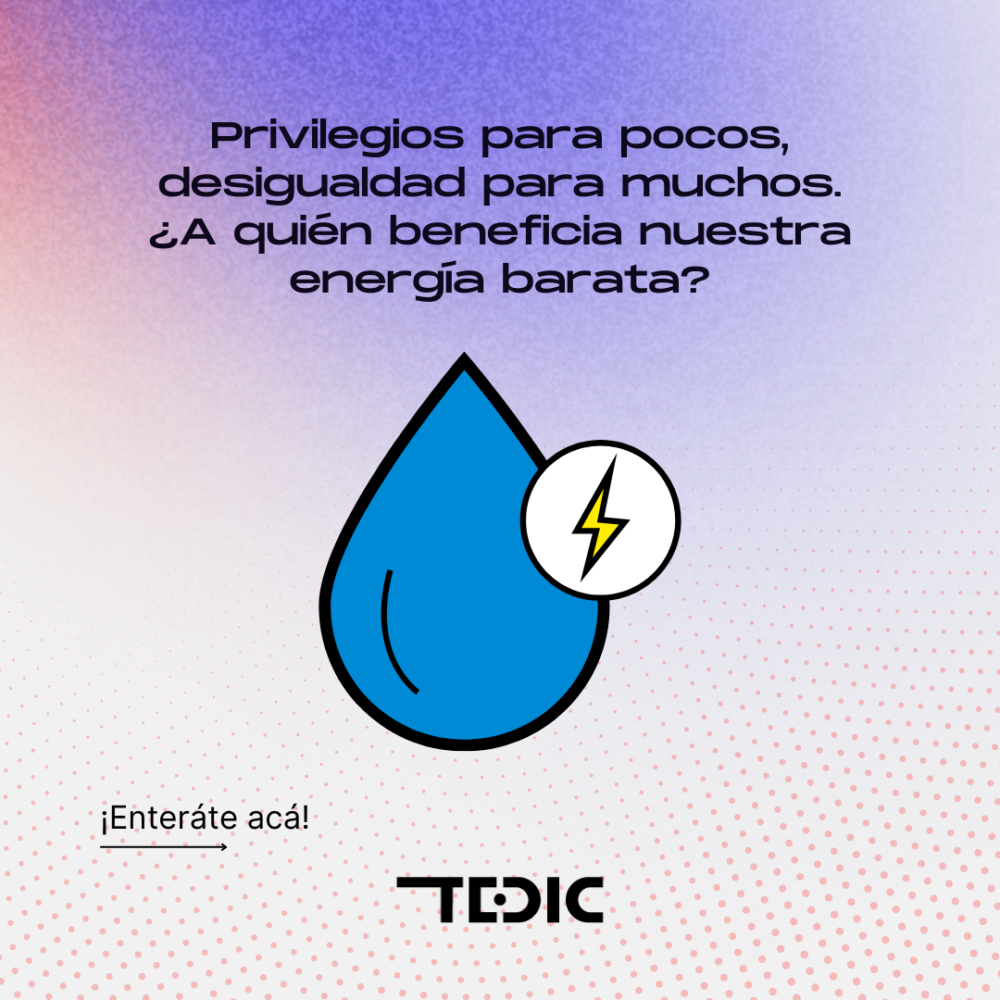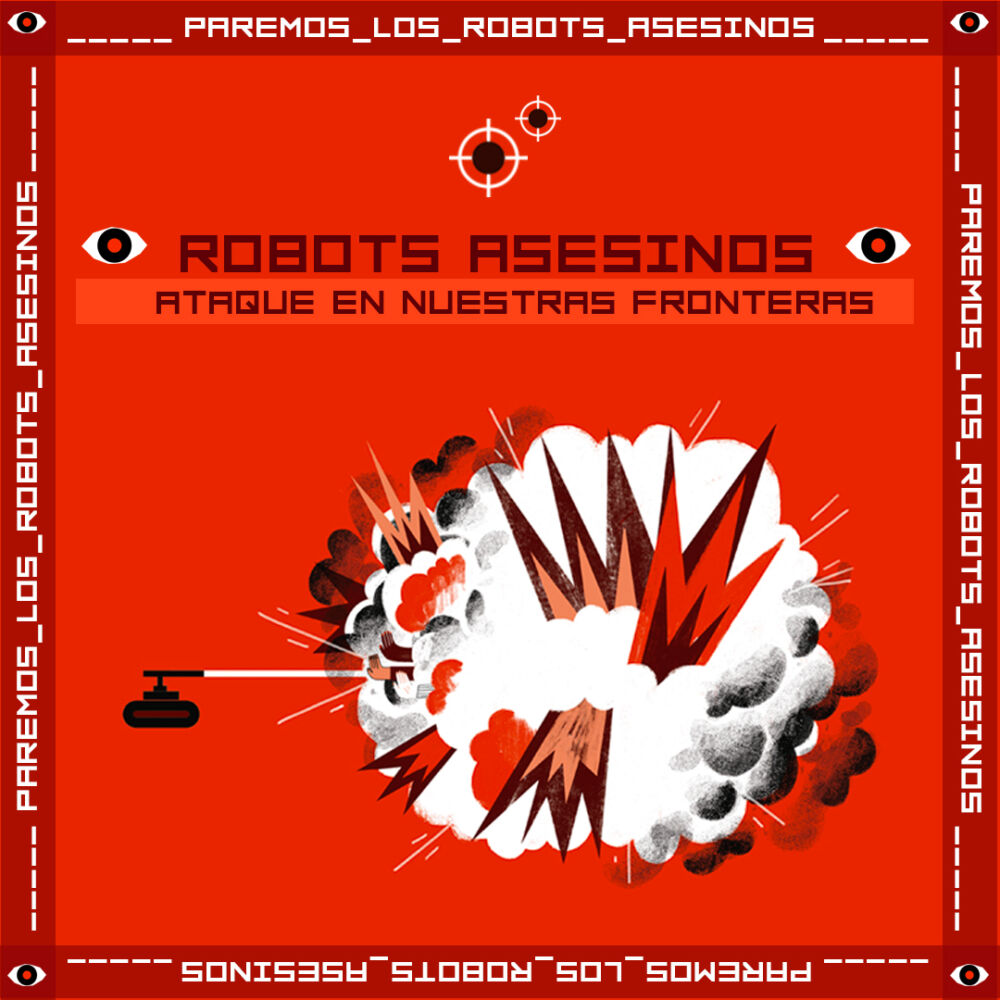
Privileges for a few, inequality for many? What do we mean when we talk about energy extraction? Will Paraguay have to import energy? How do we think about the country’s development in light of the review of Itaipu’s Annex C?
From TEDIC, we launch a series of investigations on the development of Blockchain technology and the arrival of cryptocurrencies in Paraguay, with a particular emphasis on the activity of crypto-mining. Recently, we have published an investigation on the history of the arrival of cryptocurrencies and crypto-mining activity in our country. This time, we present the launch of a new study whose central theme is analyzing crypto-mining activity from an energy and development perspective for our country.
The research “Energy and Cryptocurrencies in Paraguay: Use of energy-intensive mining of cryptocurrencies in the scenarios of the Review of Annex C of the Itaipu Treaty in Paraguay”, developed by researchers Lis Garcia and Guillermo Achucarro, carries out a systematization of the use of energy-intensive mining of cryptocurrencies in the economic, legal and political scenario within the framework of the Review of Annex C of the Itaipu Treaty in Paraguay between 2019 and 2022.
The year 2023 will be an essential date, as 50 years have passed since the signing of the Itaipu Treaty. And with it, an important legal aspect opens up: the review of its Annex C and the possibility of reviewing the financial and commercial conditions of the sale of energy generated by the entity. What role do investors in blockchain technology and those who engage in crypto-mining activities play in this scenario?
Moreover, in addition to the critical legal, diplomatic, and economic dimensions that will be open in 2023, social and political elements are added where energy production in Itaipu is at the centre of political disputes regarding the development model that will shape the present and future of the country. In the current exploratory study, energy is understood as a means of production and, as such, a commodity.
In this scenario, companies dedicated to crypto-mining, which requires high energy consumption, have placed Paraguay as a key territory for developing this economic activity. Therefore, the interest in regulating this activity by companies dedicated to crypto-mining in the country is located in a juncture in which legal, economic, financial, social, political, and diplomatic scenarios are interwoven around the energy policy definition and, with it, the national political economy. In it, disputes develop between the positions of different social sectors.
Due to the relatively recent appearance of this activity on the public scene, there are few national academic works on the subject. Thus, the present study has been developed with an exploratory purpose, based on the following research question: What is the use given to the energy-intensive mining of cryptocurrencies, considering the economic, legal and political scenario in the framework of the review of Annex C of the Itaipu Treaty in Paraguay between 2019 and 2022?
Let’s continue debating the topic to regulate crypto-mining activity comprehensively!
The debate around the approval of the regulation of crypto-mining activity in the National Congress and the emergence of illegal and informal use of energy for this purpose highlights that this activity replicates the same energy use scheme for profit and exploitation by a few. Therefore, the installation of these companies does not imply significant changes in the current energy or economic matrix but rather a deepening of the same economic project that has kept the country behind and has generated significant inequalities.
Download the research HERE!

**This publication was produced with the support of the RRF for Digital Rights in Latin America

 Killer Robots: Attack on our borders
Killer Robots: Attack on our borders